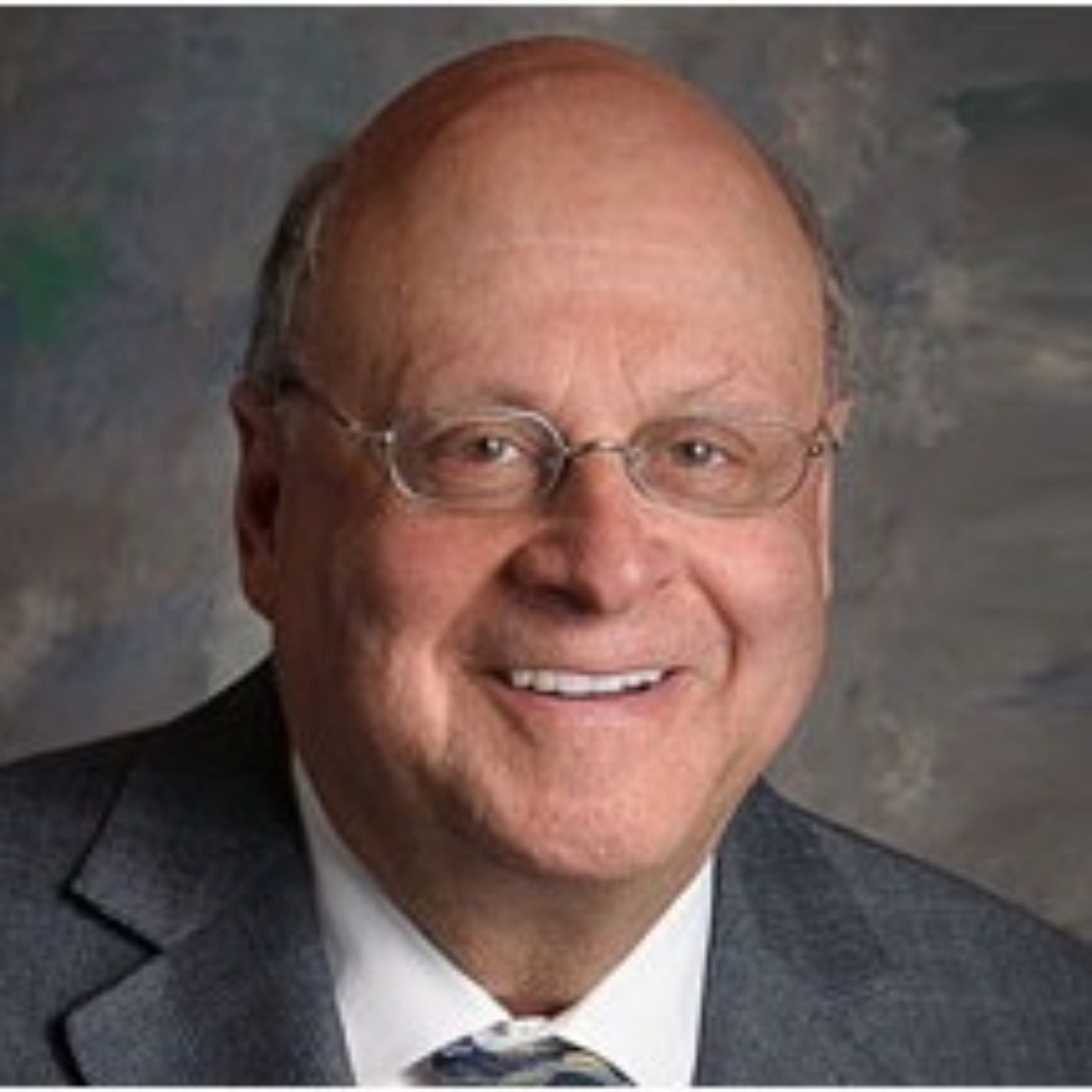- Health
- SEE MORE
- classical
- general
- talk
- News
- Family
- Bürgerfunk
- pop
- Islam
- soul
- jazz
- Comedy
- humor
- wissenschaft
- opera
- baroque
- gesellschaft
- theater
- Local
- alternative
- electro
- rock
- rap
- lifestyle
- Music
- como
- RNE
- ballads
- greek
- Buddhism
- deportes
- christian
- Technology
- piano
- djs
- Dance
- dutch
- flamenco
- social
- hope
- christian rock
- academia
- afrique
- Business
- musique
- ελληνική-μουσική
- religion
- World radio
- Zarzuela
- travel
- World
- NFL
- media
- Art
- public
- Sports
- Gospel
- st.
- baptist
- Leisure
- Kids & Family
- musical
- club
- Culture
- Health & Fitness
- True Crime
- Fiction
- children
- Society & Culture
- TV & Film
- gold
- kunst
- música
- gay
- Natural
- a
- francais
- bach
- economics
- kultur
- evangelical
- tech
- Opinion
- Government
- gaming
- College
- technik
- History
- Jesus
- radio
- movies
- services
- Church
- podcast
- Education
- international
- Transportation
- Other
- kids
- podcasts
- philadelphia
- Noticias
- love
- sport
- Salud
- film
- and
- 4chan
- Disco
- Stories
- fashion
- Arts
- interviews
- hardstyle
- entertainment
- humour
- medieval
- literature
- alma
- Cultura
- video
- TV
- Science
- en
Where Dentistry, Epigenetics, and Sleep Health CollideDr. Ted BelforHomeoblock Appliance

Not many people draw associations between craniofacial development, epigenetics, and sleep disorders, but as a dentist, Dr. Ted Belfor has centered his life\u2019s work on the intersection where these fields meet. When he first started speaking about epigenetics about two decades ago, no one gave any weight to what he was saying, but today, it\u2019s the topics of some of the latest and most exciting research in science. He makes for an eye-opening and informative conversation that details what he\u2019s learned over the years about the effect of epigenetics on craniofacial development, and the effect of craniofacial development on our ability to get quality sleep and maintain an overall state of health.
Simply put, epigenetics is the idea that while the environment can\u2019t change our genes, it can dictate whether or not they\u2019re expressed. Since our environments have changed significantly over the years\u2014particularly since the spread of agriculture and the more recent rise in processed foods, it would be surprising to find that these changes haven\u2019t affected gene expression. And in fact, they have. Dr. Belfor explains how these epigenetic changes have led to a lack of full and proper craniofacial development, and how that in turn has lead to sleep apnea, upper airway resistance, and a range of other sleep disorders.
He has created the Homeoblock, which is a removable oral device that is designed to correct what our changing environments have altered and to realign our physiology with the way it was designed to function, thereby toning our airways and enhancing the growth of our jaws in order to promote better sleep and better overall health.
Press play to hear the full conversation, and visit http://www.facialdevelopment.com/aboutus.php to learn more.\xa0\xa0